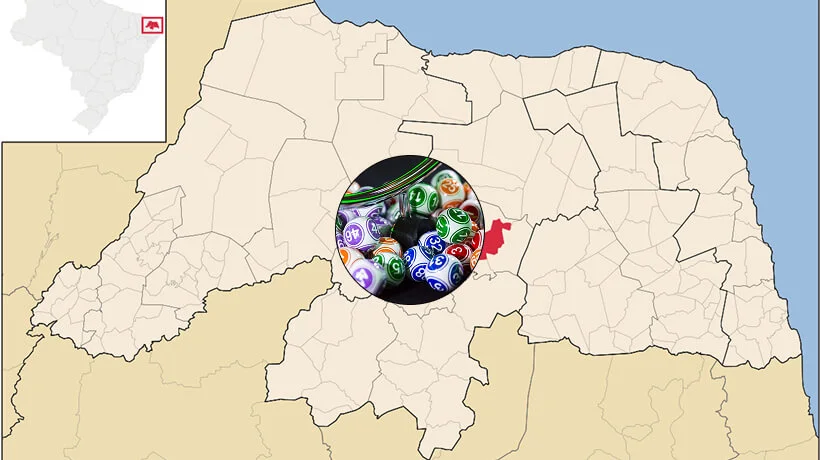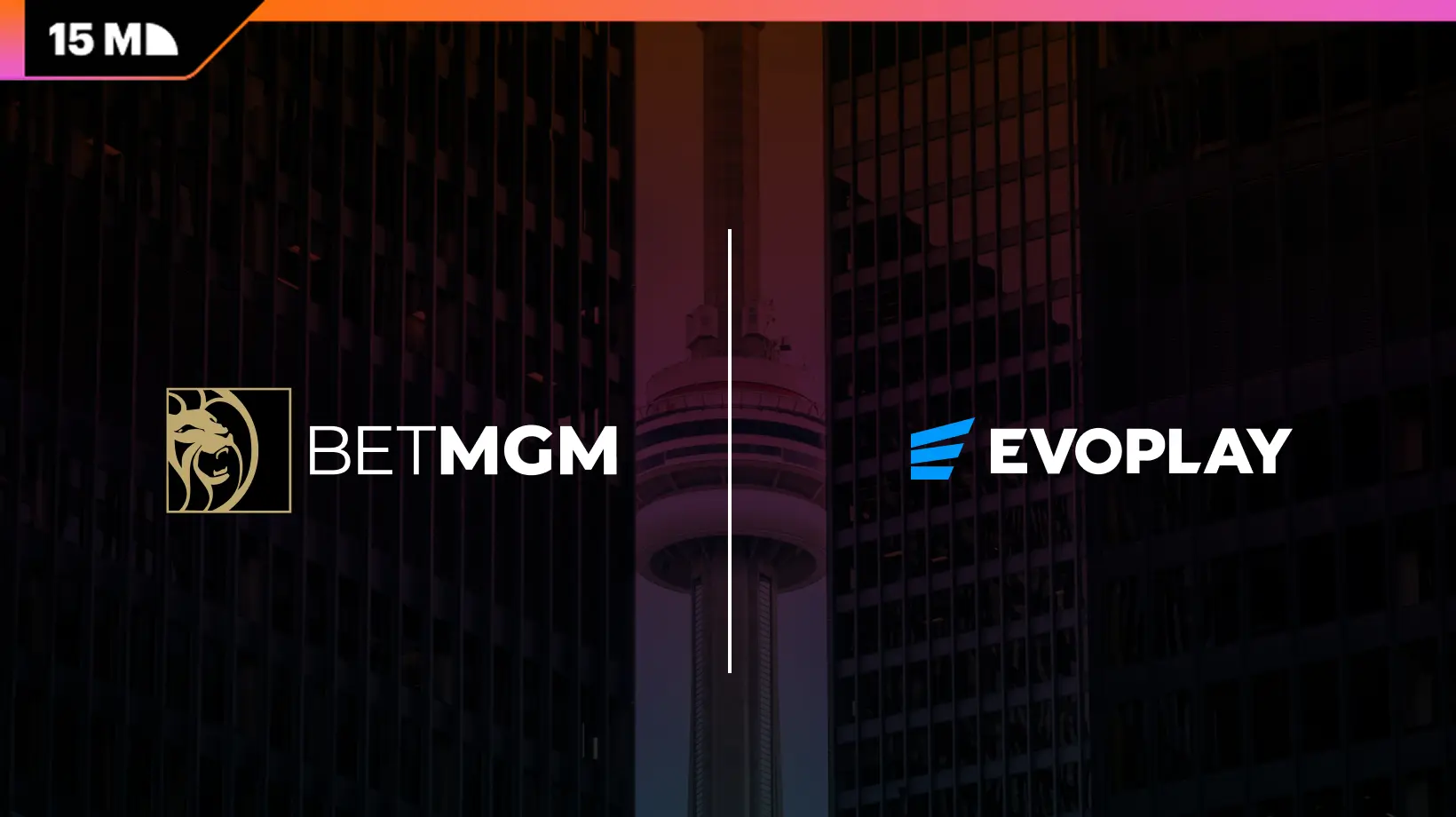Seventy-seven Brazilian cities have passed or proposed laws to create their own lotteries. Most projects remain in early planning stages, but 17 municipalities are already finalising public tenders or licensing processes.
Bodó in Rio Grande do Norte is the only city actually running a municipal lottery. The small town of just over 2,300 residents has authorised 37 companies to operate online gaming through local registration. That’s nearly one betting firm for every 64 people.
None of these 37 operators are recognised by Brazil’s Secretary of Prizes and Betting at the Ministry of Finance. The Ministry sent Bodó a formal warning. Local licensing violates federal law, they said.
Why Federal Authorities See a Legal Problem
The Ministry of Finance says municipal lottery initiatives are irregular under current national legislation. Allowing cities to issue their own betting licenses would undermine federal regulatory oversight. Consumer protection would suffer.
But there’s a grey area. Brazil’s Supreme Federal Court previously granted states the right to run lotteries. That decision didn’t address municipalities specifically.
“Since there is no express prohibition, they are authorised to create their own municipal lotteries,” said Telma Rocha, a constitutional law professor at Mackenzie University. “Since the law says nothing specifically about Brazilian cities and so far the Supreme Court has not ordered its suspension, municipalities can legislate and operate this type of service.”
Cities are using this legal ambiguity to move forward.
What Bodó’s Model Looks Like
Bodó’s system requires companies to register with the municipality. They must submit monthly reports and contribute 2% of revenue to social projects. That’s how local licensing works in the only operational example Brazil has.
The Secretary of Prizes and Betting enacted rules requiring online betting companies to close accounts of social welfare recipients. Municipal systems don’t follow these federal standards.
Seventeen other cities are now preparing similar frameworks. They’re advancing tender processes despite the Ministry’s warnings about irregularities.
How This Creates Regulatory Headaches
The spread of local lotteries poses significant oversight challenges. If each municipality regulates its own system, the Federal Government would need to monitor thousands of separate operations. Regulatory costs would increase drastically.
Players would face confusion too. Different rules in different cities. Varying consumer protections.
Bodó’s statistics highlight the scale issue. A town of 2,300 people authorised 37 betting operators. And none have federal recognition. Multiply that complexity across 77 municipalities.
The Ministry of Finance will likely need to clarify federal authority over municipal gambling initiatives. Until then, cities keep pushing forward with their own lottery laws.





